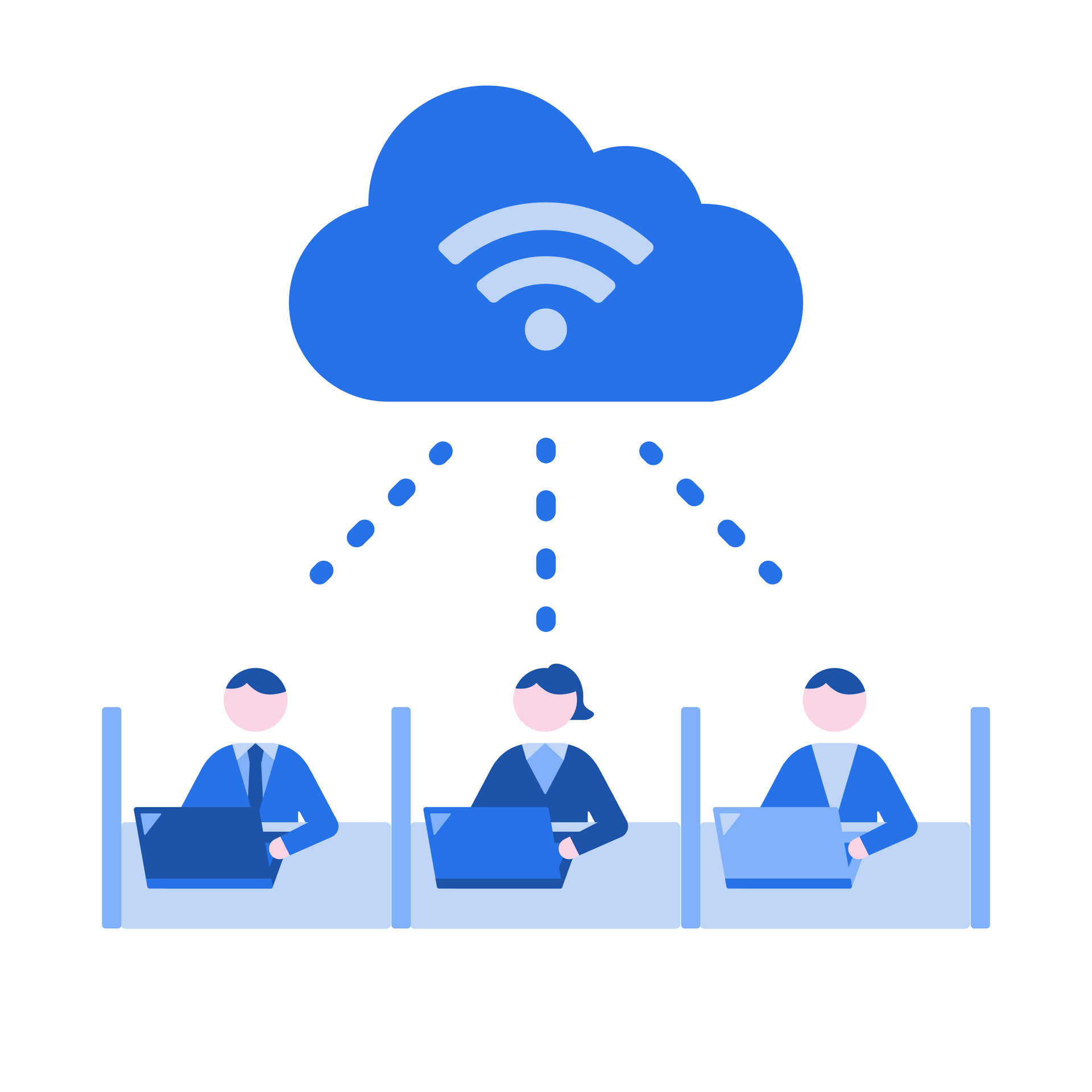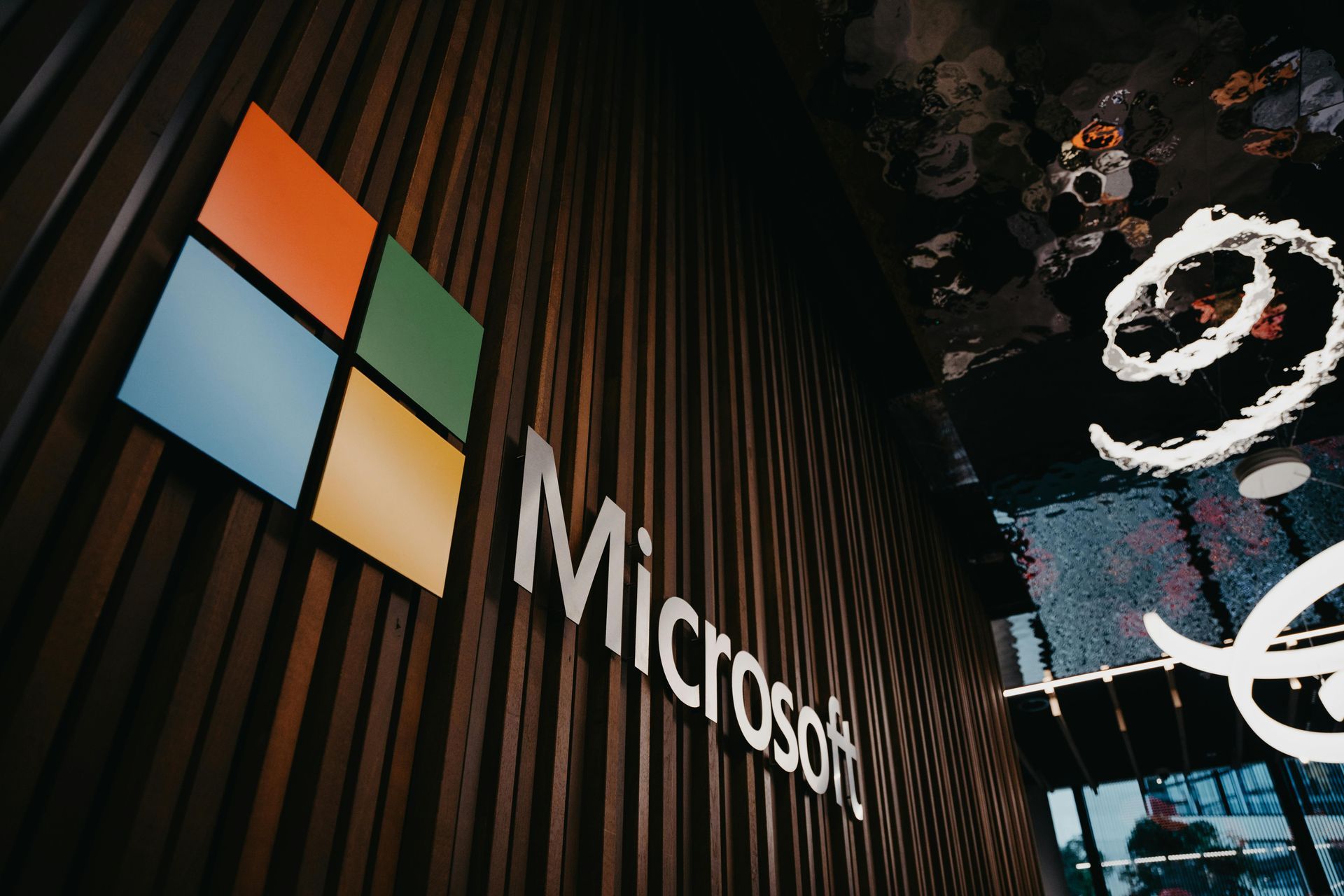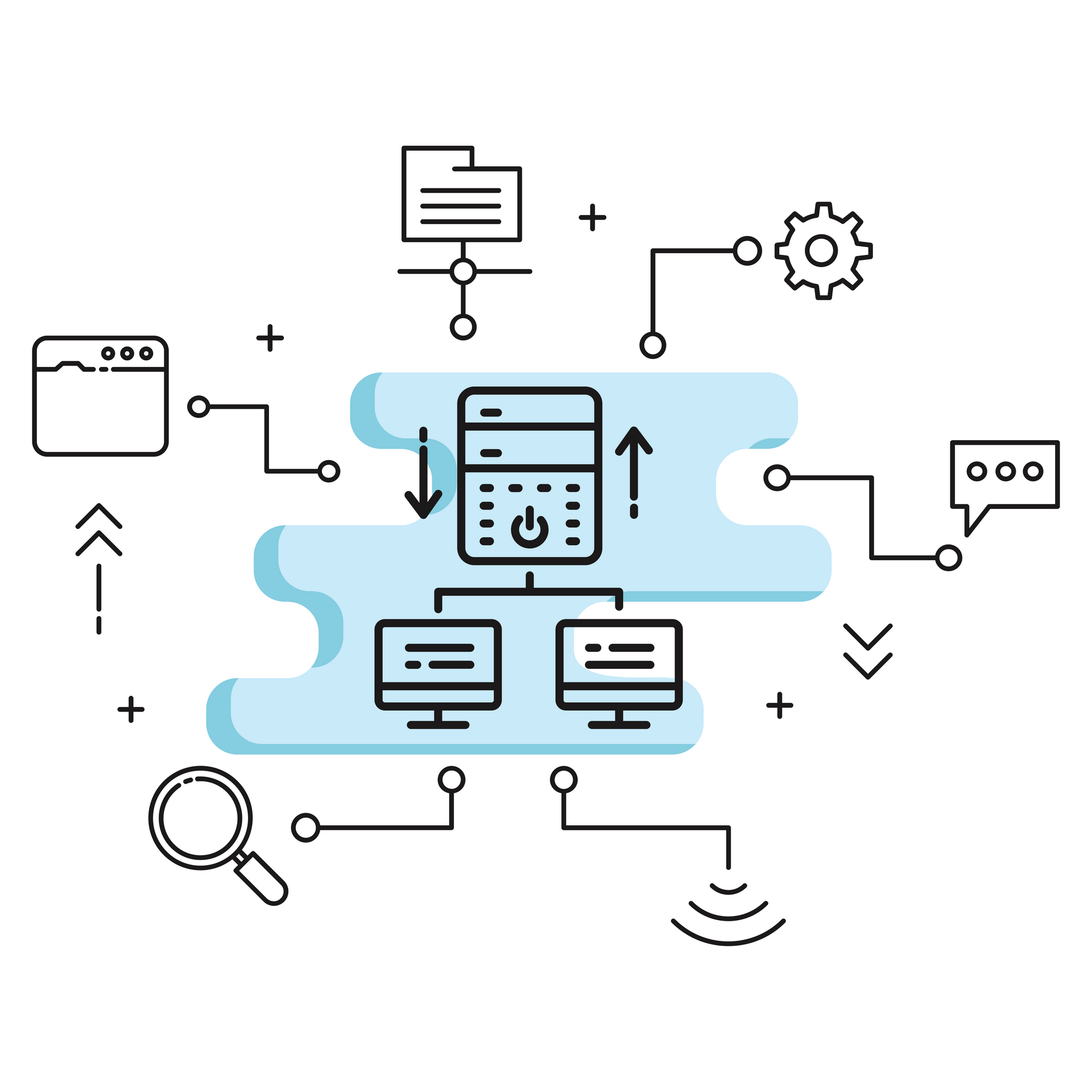Alaska Airlines Grounded: Primary Datacentre Failure
Alaska Airlines experienced its second mystery IT outage in three months, grounding its entire fleet for eight hours and cancelling over 360 flights. The incident raises uncomfortable questions about disaster recovery planning in critical infrastructure.

What Happened
The problem began at 3:30 PM Pacific Time on 23rd October with what Alaska described as a "failure" at the company's primary datacentre. The airline insisted it wasn't a cybersecurity event or related to "any other events"—leaving the actual cause conspicuously unspecified.
The result was a system-wide ground stop of Alaska and Horizon Air flights lasting until 11:30 PM. Hawaiian Airlines, which joined Alaska in 2024, remained unaffected, suggesting its systems operate independently.
Alaska stated: "The IT outage has impacted several of our key systems that enable us to run various operations, necessitating the implementation of the ground stop to keep our aircraft in position."
The Customer Impact
More than 360 flights were cancelled, with additional disruptions expected as the airline repositions aircraft and crews. Customers reported waiting on hold for hours attempting to reach customer service, whilst others found themselves stranded with little information.
The timing couldn't be worse. Alaska had to postpone its Q3 2025 financial results conference call, which showed net income dropping from $236 million to $73 million year-over-year.
The company admitted: "We do not yet have an estimate of the financial impact of the operational disruption on our fourth quarter results."
The Unanswered Question
If the primary datacentre failed, where was the failover? Customers would reasonably expect rapid transition to secondary systems for such critical operations. The eight-hour ground stop suggests either secondary systems don't exist, they failed simultaneously, or the failover mechanisms themselves were compromised.
This marks the second such mystery outage since July—a pattern that demands explanation. When critical infrastructure fails twice in three months, it's no longer an isolated incident but a systemic problem requiring urgent attention.
Don't Let Datacentre Failures Ground Your Business
Alaska Airlines' experience demonstrates that even large organisations can lack adequate failover for critical systems. At Altiatech, we help businesses design and implement genuine disaster recovery strategies with tested failover mechanisms that work when you need them most.
Our infrastructure services include comprehensive resilience planning, multi-site redundancy, and regular disaster recovery testing to ensure your systems remain operational even when primary infrastructure fails.
Get in touch:
📧 Email:
innovate@altiatech.com
📞 Phone (UK): +44 (0)330 332 5482
Build resilience that actually works.













